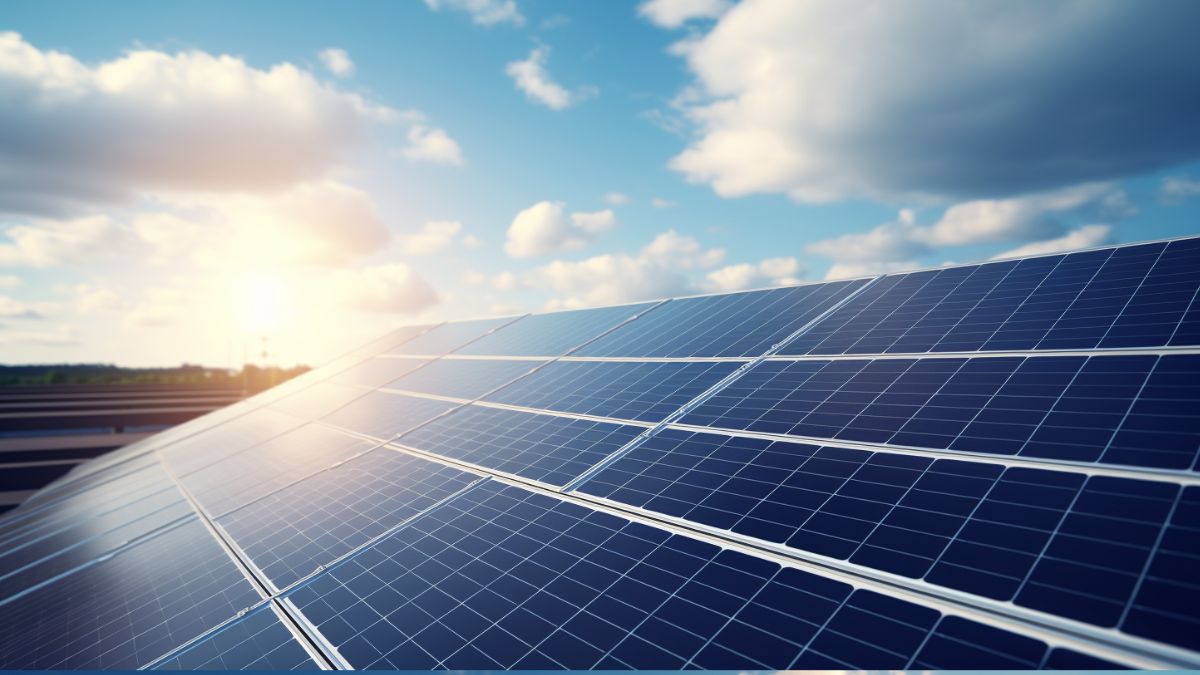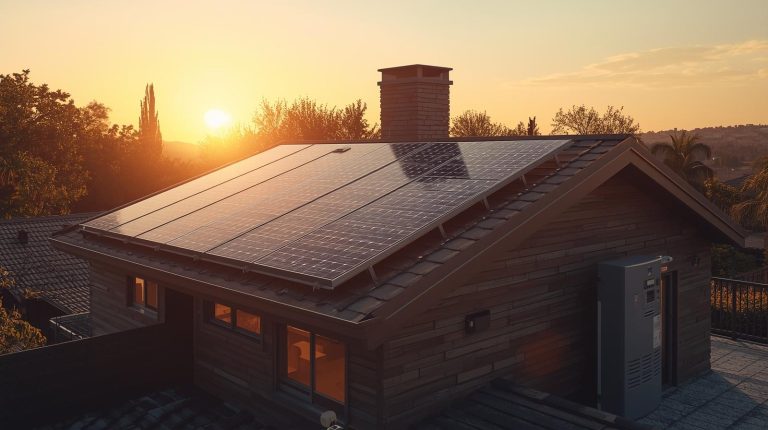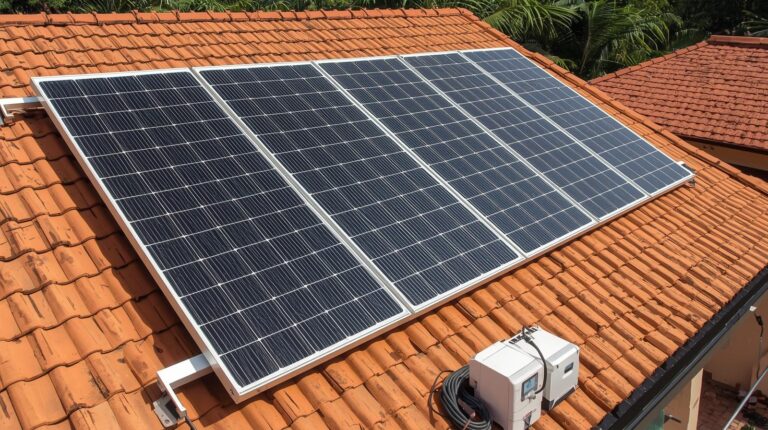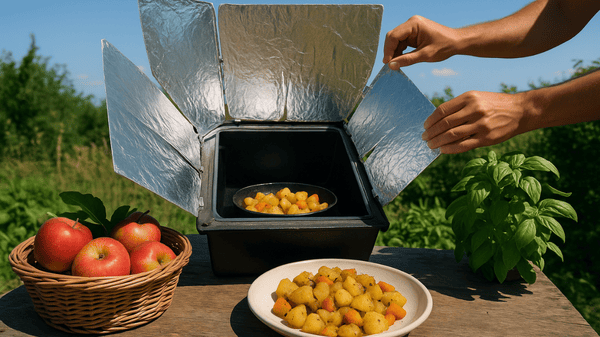Are you tired of soaring electricity bills and want to harness the power of the sun? Look no further! Discover why certain solar panels are perfect for your home.
Get ready to be amazed by the incredible efficiency and output, the unmatched durability and longevity, and the affordable cost of these panels.
With various sizes and installation options available, you can find the perfect fit for your home. Plus, enjoy the added bonus of aesthetically pleasing designs that will make your home shine.
Join the solar revolution today!
Key Takeaways
- Efficiency and output: Certain solar panels are suitable for your home because they have higher efficiency, generating more electricity from the same amount of sunlight, resulting in greater energy savings and higher return on investment.
- Durability and longevity: Certain solar panels are suitable for your home because they are built with high-quality materials and sturdy construction, ensuring a longer lifespan and minimizing the need for maintenance and repairs.
- Cost and affordability: Certain solar panels are suitable for your home because while the initial investment may seem high, the long-term benefits outweigh the costs. Additionally, government incentives such as tax credits, rebates, and grants can help reduce the upfront cost and increase affordability.
- Size and installation options: Certain solar panels are suitable for your home because they can be customized to fit your specific installation requirements, such as roof orientation, tilt, and available space. Professional installers can provide personalized recommendations to overcome space constraints and ensure optimal energy production.
Efficiency and Output
When considering solar panels for your home, it’s important to evaluate their efficiency and output.
The performance and reliability of solar panels can vary depending on the manufacturer and technology used.
Efficiency refers to how effectively the solar panels convert sunlight into electricity, while output refers to the amount of electricity generated.
Higher efficiency panels are able to generate more electricity from the same amount of sunlight, resulting in greater energy savings and a higher return on investment.
Additionally, reliable solar panels ensure consistent performance over time, minimizing the need for maintenance and repairs.
Durability and Longevity
To ensure the long-term reliability and performance of your solar panels, it’s essential to choose panels that are durable and built to last.
Durability refers to the ability of the panels to withstand various environmental conditions, such as extreme temperatures, high winds, and heavy snow loads. Panels that are made with high-quality materials and have a sturdy construction are more likely to have a longer lifespan and require less maintenance.
Longevity, on the other hand, refers to the expected lifespan of the panels. Most solar panels come with a warranty that guarantees their performance for a certain number of years, typically ranging from 25 to 30 years. It’s important to consider the warranty when selecting solar panels and ensure that it covers both the performance and reliability of the panels.
Regular maintenance, such as cleaning and inspection, can also help prolong the lifespan of the panels and ensure optimal performance.
Cost and Affordability
You can maximize your investment in solar panels by considering the cost and affordability. When it comes to solar panel systems, the initial investment may seem high, but the long-term benefits outweigh the costs.
One of the key factors to consider is the return on investment (ROI). Solar panels have a relatively quick payback period, typically ranging from 5 to 10 years, depending on various factors such as energy usage and available sunlight.
Additionally, government incentives can significantly reduce the upfront cost of installing solar panels. These incentives can include tax credits, rebates, and grants. By taking advantage of these incentives, you can make solar panels more affordable and increase your ROI.
It’s important to research and understand the available incentives in your area to make an informed decision.
Size and Installation Options
Considering the size and installation options of solar panels can help you determine which ones are the most suitable for your home.
When it comes to installation requirements, it’s important to consider factors such as roof orientation, tilt, and available space. Ideally, solar panels should be installed on a south-facing roof with minimal shading to maximize energy production.
Additionally, the size of your roof and the amount of available space will determine how many solar panels you can install. You can solve the space constraints by using smaller panels or by utilizing other areas of your property, such as ground-mounted systems or solar pergolas.
It’s essential to work with a professional solar installer who can assess your home’s installation requirements and provide recommendations based on your specific needs and constraints.
Aesthetics and Design
When it comes to the aesthetics and design of solar panels, it’s important to take into account how they’ll blend seamlessly into the overall look and feel of your home, while also maximizing energy production. Here are some key factors to consider:
- Sustainability and Environmental Impact: Choose solar panels made from sustainable materials and with a low environmental impact. Look for certifications like the Energy Star label to ensure they meet industry standards.
- Customization and Personalization: Solar panels come in a variety of sizes, shapes, and colors. Consider panels that can be customizable to fit your specific needs and preferences. Some companies even offer options to match your roof color or design.
- Efficiency and Performance: Look for solar panels with high energy conversion rates and optimal performance in various weather conditions. This will ensure you maximize energy production and reduce your reliance on traditional power sources.
- Durability and Warranty: Invest in solar panels that last and come with a strong warranty. This will give you peace of mind knowing that your investment is safe and will continue to generate energy for years to come.
- Integration and Compatibility: Ensure that the solar panels you choose can seamlessly integrate with your existing electrical system. This will make the installation process smoother and ensure optimal performance.
Conclusion
When choosing solar panels for your home, it’s crucial to consider factors such as efficiency, durability, cost, size, and aesthetics. Opting for solar panels that are as efficient as a well-oiled machine will maximize the energy output and save you money in the long run.
Additionally, selecting durable panels will ensure a longer lifespan and minimize maintenance costs. Lastly, considering the size and design options will allow for seamless installation and a visually appealing addition to your home.




